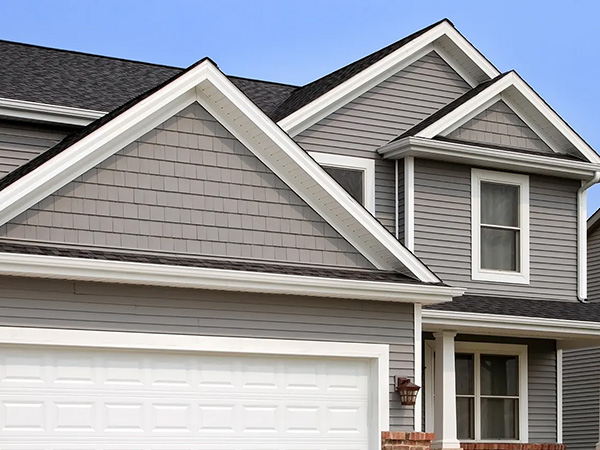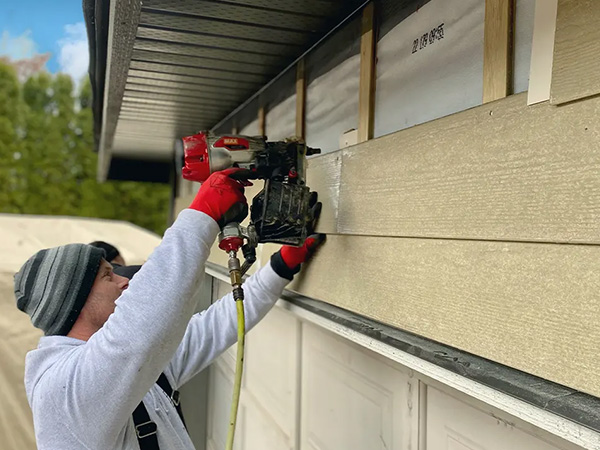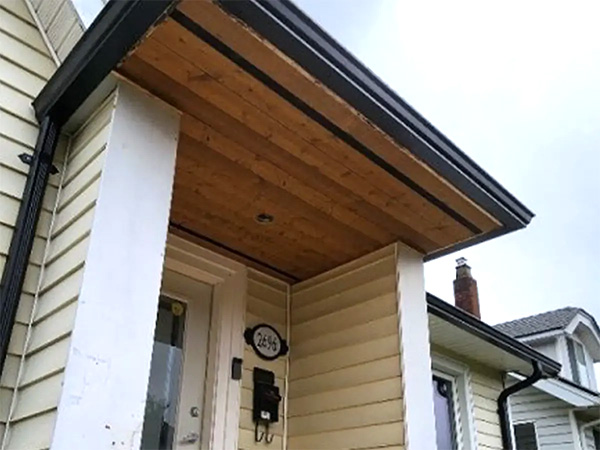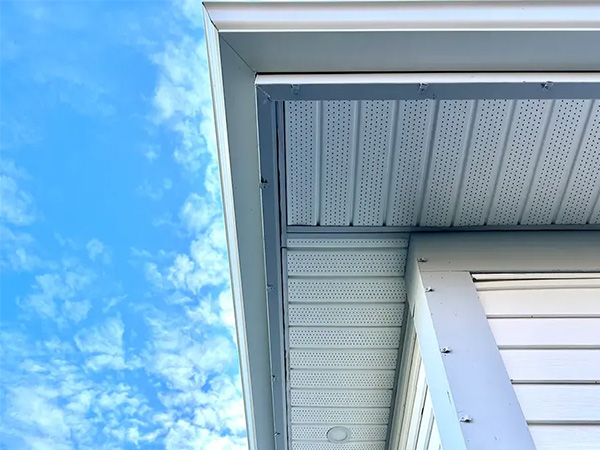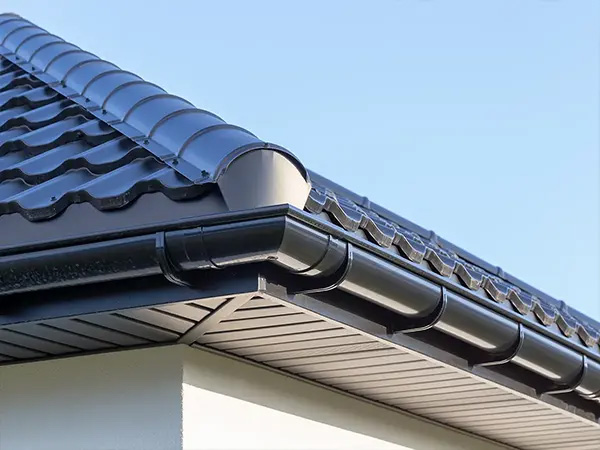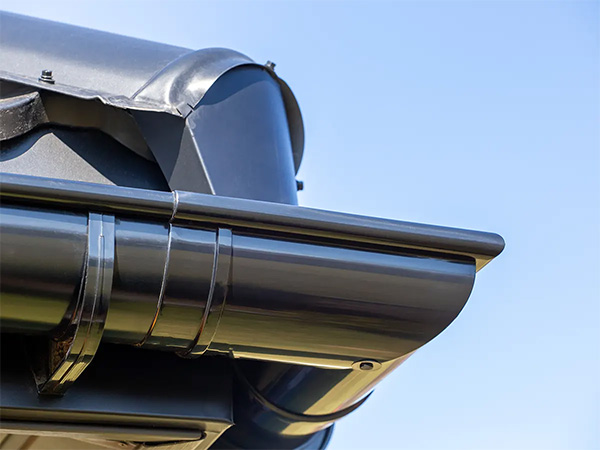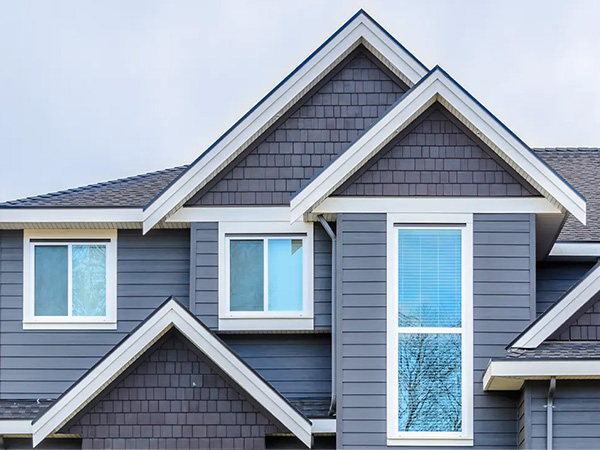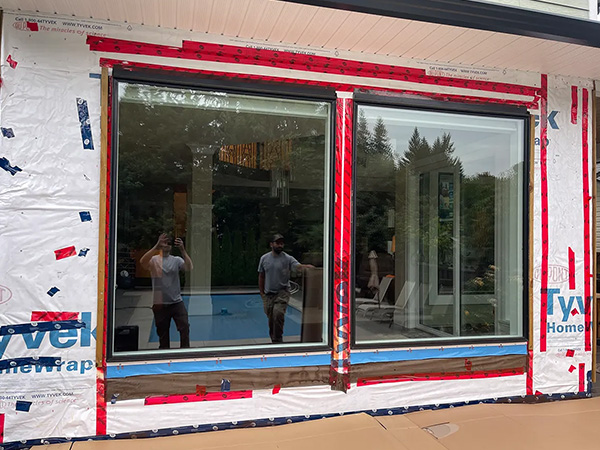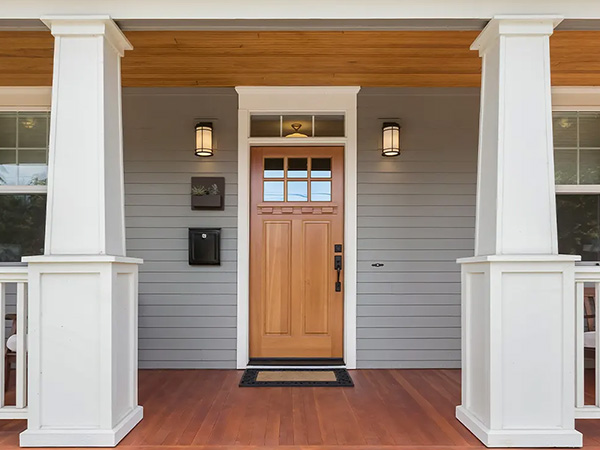Renovating a kitchen is an exciting endeavour that can transform the heart of your home into a functional and aesthetically pleasing space. However, this undertaking requires thorough planning and consideration to ensure a successful outcome. Here’s a comprehensive guide with key aspects you need to know before embarking on your kitchen renovation journey.
Table of Contents
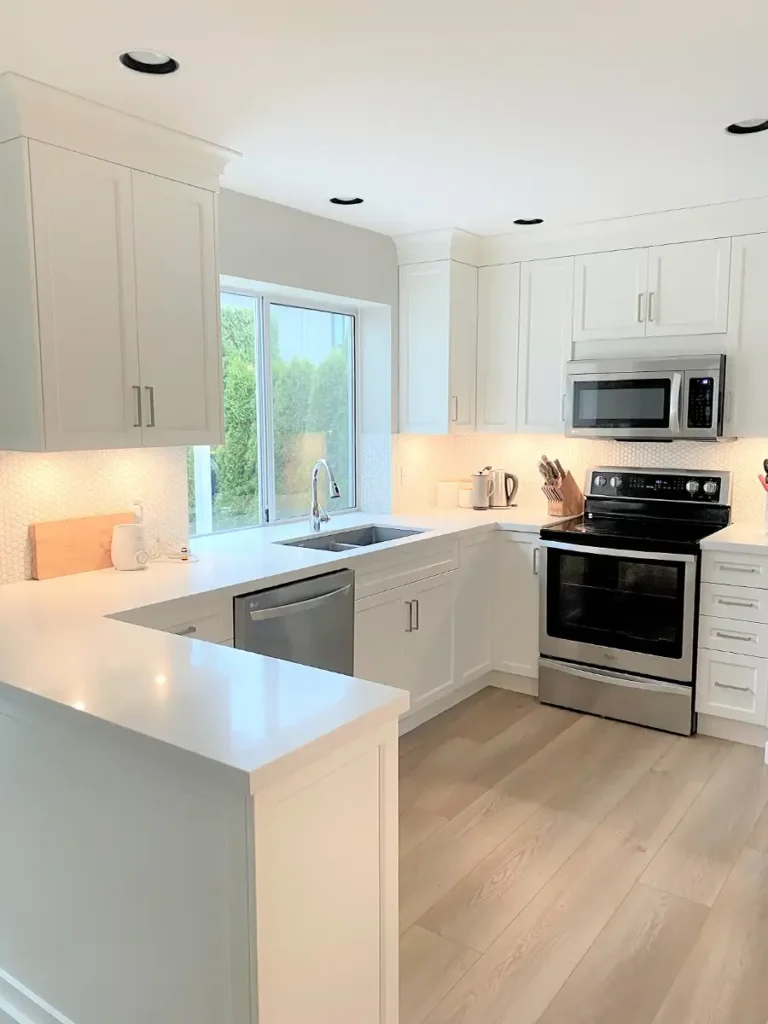
1. Set Clear Goals
Begin by defining your renovation goals. Determine whether you aim for a complete overhaul or minor upgrades. Consider factors such as layout changes, functionality improvements, and design preferences.
For instance, your goal might be to modernize the kitchen by installing new energy-efficient appliances, updating the cabinetry for better storage, and improving the overall layout to create a more open space for gatherings.
2. Establish a Realistic Budget
Kitchen renovations can vary significantly in cost. Allocate a budget that encompasses expenses for materials, labour, permits, and unforeseen contingencies. It’s advisable to set aside an additional 10-20% of the total budget for unexpected costs.
Create a spreadsheet outlining costs for materials (e.g., cabinets, countertops, flooring), labour (contractor fees, electrician, plumber), permits, and an emergency fund for unexpected expenses.
3. Research and Plan
Research various design ideas, layouts, materials, and appliances. Create a detailed plan outlining the desired changes, including the placement of cabinets, countertops, lighting, and appliances. Consider the traffic flow and ergonomic aspects for a practical layout.
Explore kitchen design websites, visit showrooms, and collect inspiration from magazines to create a mood board that includes preferred colour schemes, layout ideas, and specific materials like marble countertops or hardwood flooring.
4. Hire Professionals
Engage experienced professionals like contractors, designers, and architects. Their expertise can streamline the process, ensuring quality workmanship and adherence to local building codes.
To find reliable contractors or designers, review their portfolios, and conduct interviews to ensure they understand your vision and have the necessary expertise.
5. Quality Materials and Appliances
Invest in durable materials and high-quality appliances. Opt for long-lasting countertops, such as granite or quartz, and durable flooring, like hardwood or porcelain tiles. Energy-efficient appliances can reduce long-term operational costs.
Consider investing in a high-quality, energy-efficient refrigerator, oven, and dishwasher that not only looks sleek but also offers advanced functionalities, such as smart technology or eco-friendly features.
6. Consider Functionality
Prioritize functionality when designing your kitchen. Ensure sufficient storage space, convenient work areas, and adequate lighting. Incorporate features that match your cooking habits and lifestyle.
Plan for ample storage by incorporating pull-out shelves in cabinets or a pantry system. Install task lighting under cabinets to illuminate countertops for better visibility while cooking.
7. Timeline and Temporary Arrangements
Develop a realistic timeline for the renovation. Understand that disruptions to your daily routine are inevitable during the process. Consider setting up a temporary kitchen space to minimize inconvenience.
Set up a temporary kitchen space in another room with essentials like a microwave, toaster oven, and portable cooktop to maintain some functionality during the renovation.
8. Permits and Regulations
Check local regulations and obtain necessary permits before commencing the renovation. Failure to comply with building codes can lead to delays and additional expenses.
9. Communication is Key
Maintain open communication with your contractors and designers throughout the project. Regular updates and discussions help address concerns promptly, ensuring the project stays on track.
10. Plan for Contingencies
Unexpected issues might arise during renovation. Be prepared to adapt to changes and have contingency plans in place to handle unforeseen circumstances.
As an example, allocate extra time in your schedule for unexpected delays due to weather or material shipment issues.
11. Sustainability
Consider incorporating eco-friendly elements into your kitchen design. Opt for energy-efficient appliances, sustainable materials, and water-saving fixtures to reduce your environmental footprint.
Choose materials like bamboo flooring or recycled glass countertops and install energy-efficient LED lighting or low-flow faucets to reduce energy and water consumption.
12. Finishing Touches
Pay attention to the finer details that can elevate the overall look of your kitchen. This includes cabinet hardware, backsplash, paint colours, and decorative elements like a statement light fixture that aligns with your chosen design style (e.g., modern, farmhouse, minimalist).
13. Post-Renovation Inspection
Once the renovation is complete, conduct a thorough inspection with your contractor to ensure everything meets your expectations. Address any concerns or deficiencies promptly before finalizing the project.
14. Enjoy the Transformation
Finally, relish the fruits of your labour. Enjoy your newly renovated kitchen and make lasting memories in a space that reflects your style and meets your needs.
Conclusion
A well-planned kitchen renovation can significantly enhance your home’s value and your quality of life. By considering these crucial aspects and working closely with City & Country Contracting Ltd., you can navigate the process smoothly and achieve the kitchen of your dreams.


